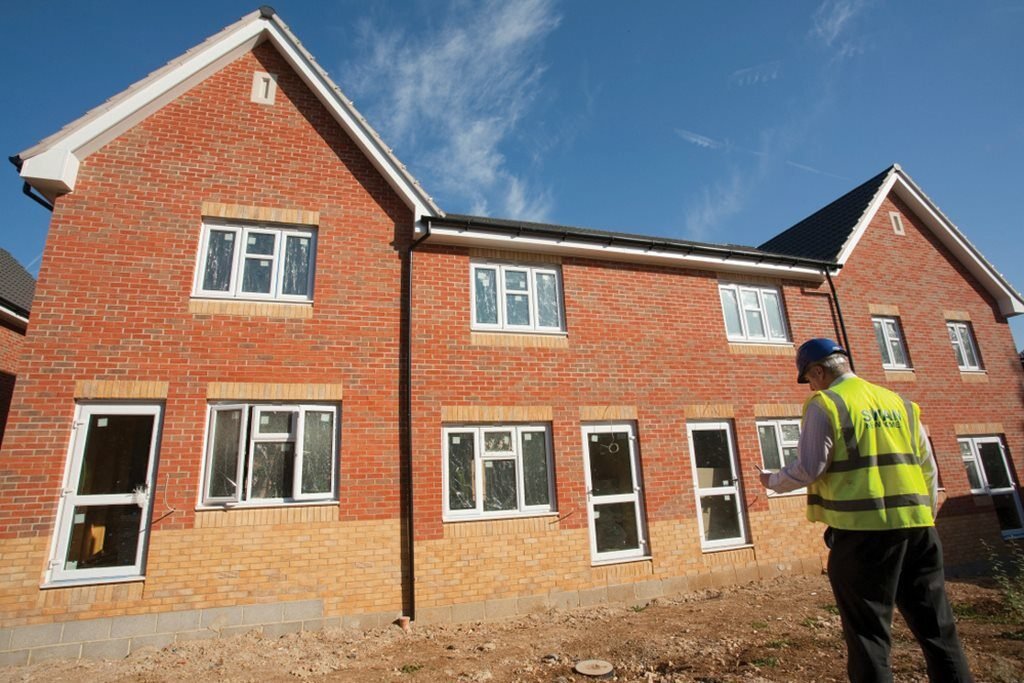Blogging might feel outdated to some, but for real estate agents, it remains one of the most powerful tools for traffic, visibility, and trust. If you’re not blogging, you’re leaving opportunities (and leads) on the table. This is especially true if you’re serious about real estate SEO and want to build long-term organic authority.
Let’s break down what agents should be blogging about — and how to do it in a way that drives actual results.
Why Blogging Matters in Real Estate
Most buyers and sellers start their journey on Google. If your site doesn’t show up when they search “buying a home in [City]” or “best time to sell a house,” you’re missing out.
Blogging helps with:
-
Attracting top-of-funnel searchers
-
Building topical authority
-
Targeting long-tail keywords
-
Keeping your website active and relevant
-
Internal linking to your core service pages
And when backed by a strong real estate SEO strategy, it becomes a powerful flywheel for traffic and trust.
What Should Real Estate Agents Blog About?
If you’re stuck, here are proven content types to fuel your blog:
1. Local Area Guides
People want to know where they’re buying. Cover:
-
Neighborhood overviews
-
Local schools
-
Parks and recreation
-
Commute info
-
Restaurants and lifestyle
This content helps with local SEO for real estate and positions you as the go-to local expert.
2. Home Buying Tips
Answer the questions buyers are Googling:
-
“What to look for during a home inspection?”
-
“First-time buyer checklist”
-
“How much should I put down on a house?”
This is a great chance to naturally include SEO for real estate websites by linking back to your buyer service pages.
3. Selling Advice
Target seller intent:
-
“How to stage your home”
-
“What repairs to make before selling?”
-
“Best time to list a home in [Your City]”
Each post can link back to your seller services — helping with conversions and on-site engagement.
4. Real Estate Market Updates
Share monthly or quarterly:
-
Median home prices
-
Inventory changes
-
Average days on market
-
Local interest rate trends
This type of content is great for recurring visits and boosting SEO real estate marketing consistency.
5. FAQ-Based Content
Use tools like Google’s “People Also Ask” or AnswerThePublic to find relevant questions. Then write short blogs answering them:
-
“What’s escrow?”
-
“Do I need a realtor to buy a house?”
-
“How does earnest money work?”
This format allows for quick wins with long-tail SEO for real estate.
Blogging Tips for Better Real Estate SEO
Don’t just write — write strategically.
-
Use proper H1, H2, H3 formatting
-
Focus on one keyword theme per blog
-
Add at least 2–3 internal links to your service or location pages
-
Include a CTA at the end (book a consult, download a free guide, etc.)
-
Add location-specific language where appropriate
Work with a real estate SEO consultant if needed to map out your content calendar and keep things consistent.
How Often Should You Blog?
Ideally: once a week. At minimum: once a month.
Consistency is key — Google loves fresh content. A steady flow of blog posts helps you build a long-term moat around your market.
It’s not about publishing 100 blogs tomorrow. It’s about showing Google you’re an active, trustworthy authority in your niche.
Real Examples of Effective Real Estate Blogs
-
“Living in Tampa: Pros and Cons” (targets relocation)
-
“5 Signs It’s Time to Sell Your Home” (targets seller intent)
-
“What Does $500K Buy in Austin Right Now?” (click-worthy, data-backed)
-
“How to Buy a House with 3% Down” (educational and lead-generating)
These blogs naturally support real estate agent SEO efforts by targeting the exact questions and searches clients are typing in daily.
Final Thoughts
Blogging isn’t just about filling your website with words — it’s about fueling your SEO engine, educating your leads, and building trust before you ever speak to someone.
If you’re serious about growth, consider partnering with a real estate SEO services provider to plan and produce your blog content at scale. The ROI on blogging is real — but only when it’s consistent and optimized.

